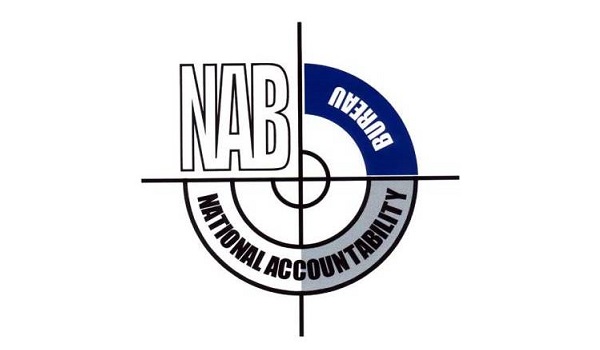In Hong Kong and mainland China new measures are being introduced to try to curb soaring real estate prices and prevent a property bubble.
Hong Kong’s Urban Renewal Authority has announced new rules to increase transparency in the city’s property industry and the government said it may raise sales taxes on some homes and accelerate land auctions to cool the market.
The authority’s new measures include a restriction on corporate purchases of flats to 10% of total sales and a maximum limit of two units per buyer during the sale period. It comes as figures show that property prices have risen 7.6% so far this year on top of a 29% rise in 2009.
But it won’t cool soaring property prices according to Wong Leung-sing of Centaline Property Agency. ‘The measures won’t have any impact on prices or sales. The only thing that will lower prices is if mortgage rates rise,’ he said.
Financial Secretary, John C Tsang, has warned that the Inland Revenue Department will closely follow up all cases involving speculators profiting from property speculation and will levy profits tax on the individuals or companies earning profits arising from such transactions.
‘The IRD maintains a huge database where details of all property transactions are recorded. To identify cases of possible property speculation, a computer selection is run periodically to analyze the sale and purchase transactions in the database,’ he said.
In mainland China Beijing is the first city to respond to the central government’s efforts to restrain property prices by limiting families to purchases of only one new home. Li Wenjie, head of Centaline Property Agency’s Beijing office, said the measure, which is temporary, will cut demand and hit sales volumes.
The Beijing city government announced a total of 12 measures aimed at curbing speculation in the property market. As well as the limit on the number of units that can be bought the other 11 other rules relate to higher down payments and raised mortgage rates. The measure does not state if the one new home families are allowed to buy is in addition to however many they may own already.
But property speculators don’t seem too worried. The high end property market in Beijing, which has some of the priciest real estate in China, is still performing strongly and most buyers are owners of private energy companies and senior executives of financial services and real estate businesses.
According to Chen Jinsong, chairman of World Union, a real estate consulting company, it will be ordinary buyers who are affected rather than rich speculators. ‘For purchasers of high end property the priority is to maintain the asset value rather than a quick investment return,’ said Li Liquin, of Runze Villas in Beijing.






